Vote Now! Top Space Stories of the Week - Sept. 16, 2012
Neil Armstrong Buried at Sea, Curiosity Passes Physical and an Explosion on Jupiter

Last week NASA pioneer Neil Armstrong was buried at sea, Curiosity passed its physical and scientists say dark energy is real. See the top stories of the last week here.
NEXT: Explosion on Jupiter Spotted by Amateur Astronomers
Explosion on Jupiter Spotted by Amateur Astronomers
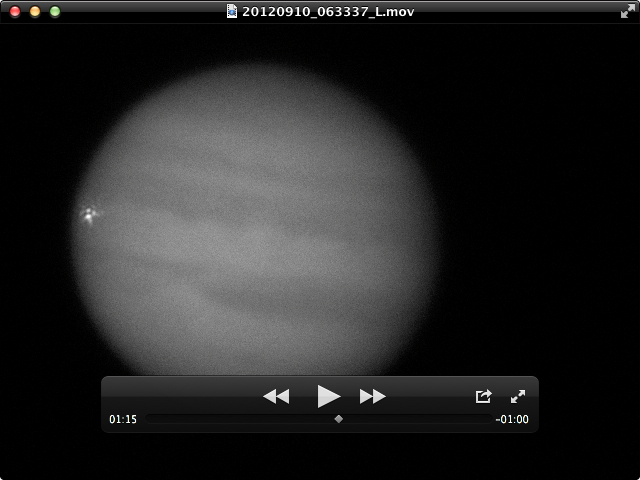
An apparent impact on Jupiter early Monday (Sept. 10) created a fireball on the planet so large and bright that amateur astronomers on Earth spotted the flash. [Full Story]
NEXT: Asteroid Flies by Earth Thursday: How to Watch Online
Asteroid Flies by Earth Thursday: How to Watch Online
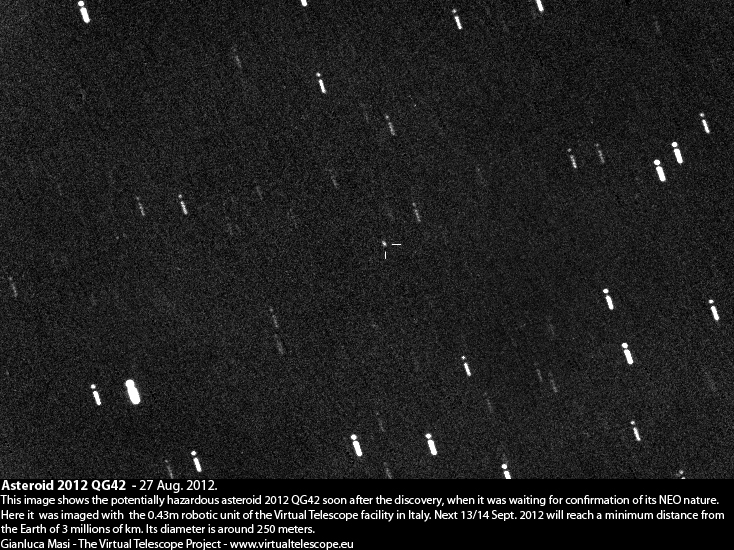
A newfound asteroid that may be the size of three football fields will whiz by Earth on Thursday (Sept. 13), and you can watch the close encounter live online. [Full Story]
NEXT: Elusive Dark Energy Is Real, Study Says
JFK's 'Moon Speech' Still Resonates 50 Years Later

Fifty years ago today, in a famous speech at Rice University, President John F. Kennedy declared, “We choose to go to the moon.” [Full Story]
NEXT: Snow on Mars: NASA Spacecraft Spots 'Dry Ice' Snowflakes
Giant Super-Magnetic Star Has Scientists Buzzing
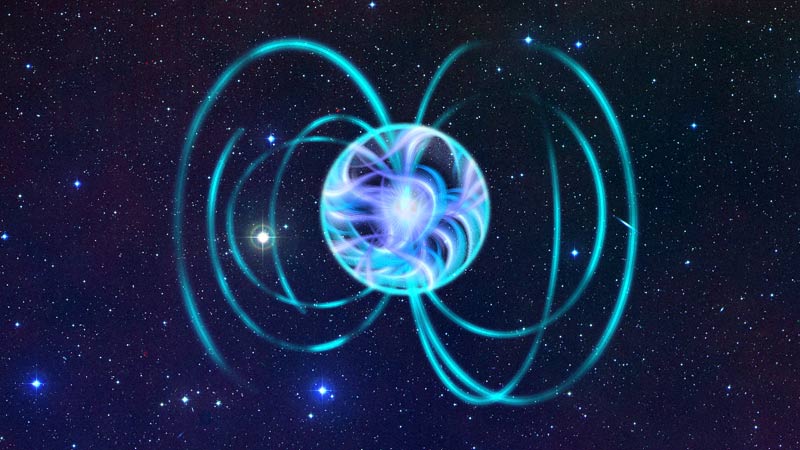
The most magnetic massive star seen yet has just been revealed, which is dragging a giant cloak of trapped charged particles around it. [Full Story]
NEXT: Mars Rover Curiosity 'Flawlessly' Acing Health Checks
Mars Rover Curiosity 'Flawlessly' Acing Health Checks
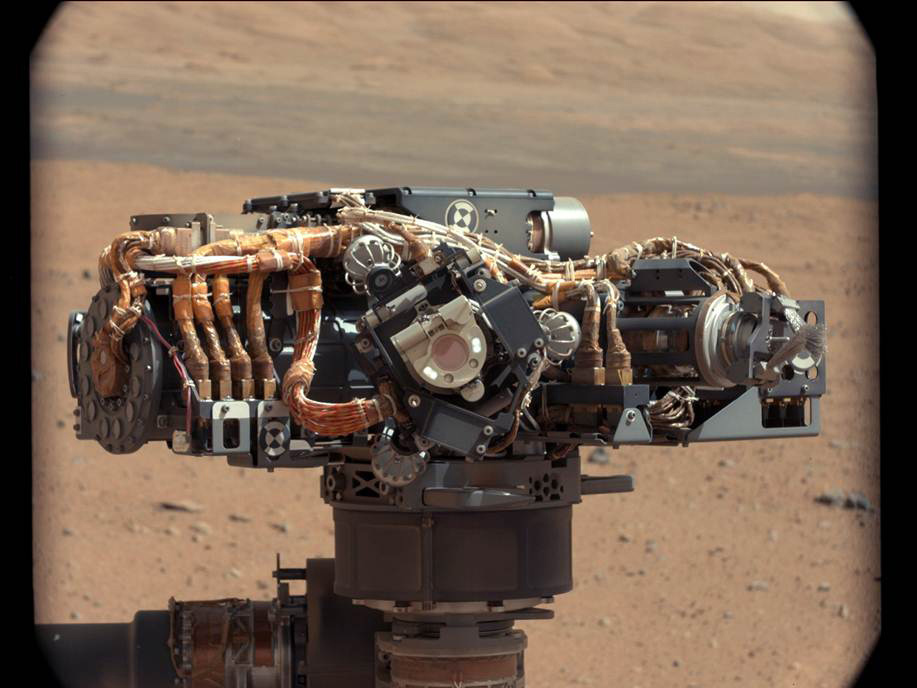
NASA's Mars rover Curiosity is on the verge of passing a rigorous month-long health checkup with flying colors, scientists announced today (Sept. 12). [Full Story]
NEXT: JFK's 'Moon Speech' Still Resonates 50 Years Later
Elusive Dark Energy Is Real, Study Says
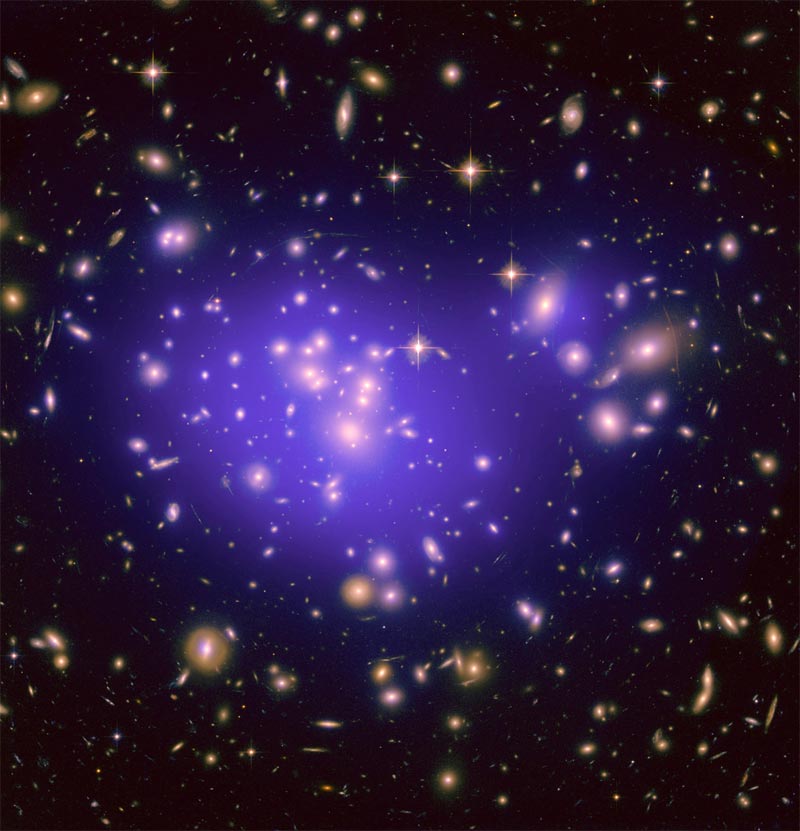
The chances that dark energy — the mysterious stuff thought to be behind the universe’s accelerating expansion — is real stand at 99.996 percent, according to a new study. [Full Story]
NEXT: Giant Super-Magnetic Star Has Scientists Buzzing
Snow on Mars: NASA Spacecraft Spots 'Dry Ice' Snowflakes
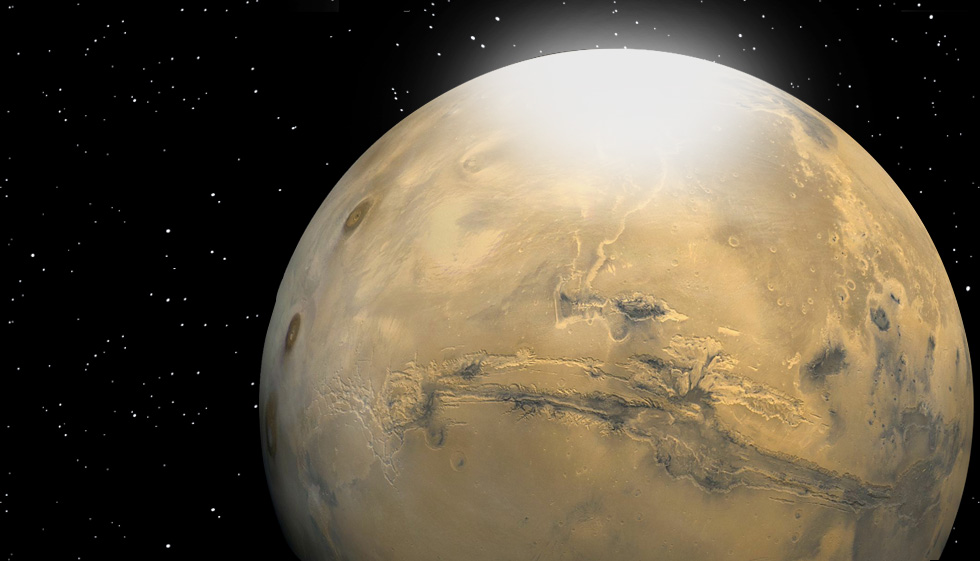
A Mars-orbiting spacecraft has detected carbon dioxide snow falling on the Red Planet, making Mars the only body in the solar system known to host this weather phenomenon. [Full Story]
NEXT: 1st Alien Planets Found Around Sun-Like Stars in Cluster
1st Alien Planets Found Around Sun-Like Stars in Cluster
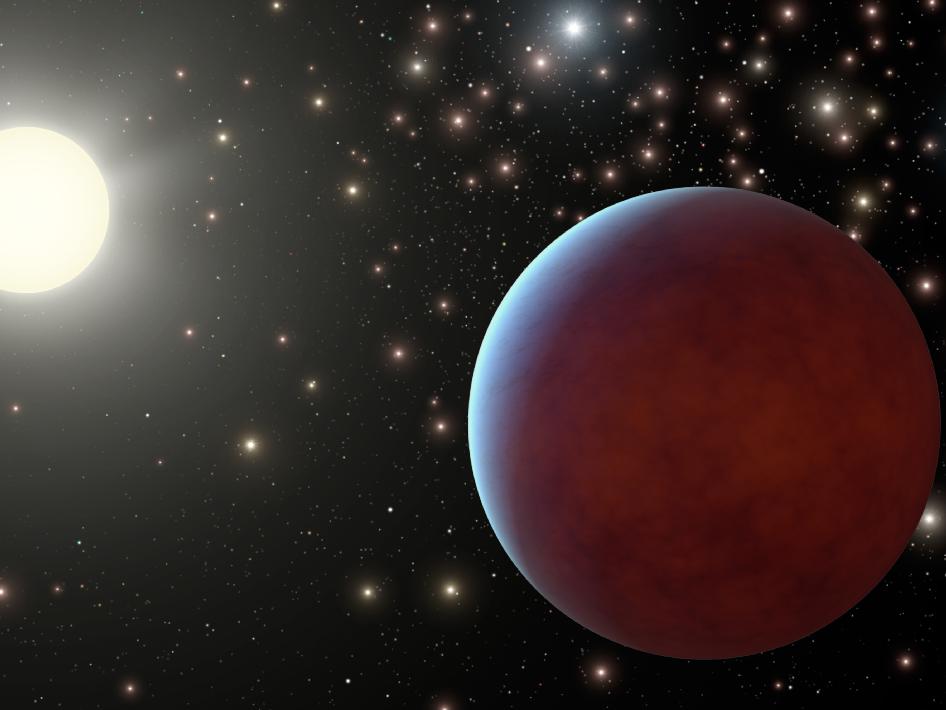
For the first time, astronomers have found alien planets orbiting sun-like stars in a crowded star cluster, researchers announced today (Sept. 14). [Full Story]
NEXT: Farewell, Neil Armstrong: 1st Moonwalker Buried at Sea
Farewell, Neil Armstrong: 1st Moonwalker Buried at Sea

Late astronaut Neil Armstrong, the first person to set foot on the moon, was buried at sea today (Sept. 14). [Full Story]
NEXT: From the Farm to Space: Astronaut-Turned-Congressional Candidate Tells Story in New Book
From the Farm to Space: Astronaut-Turned-Congressional Candidate Tells Story in New Book
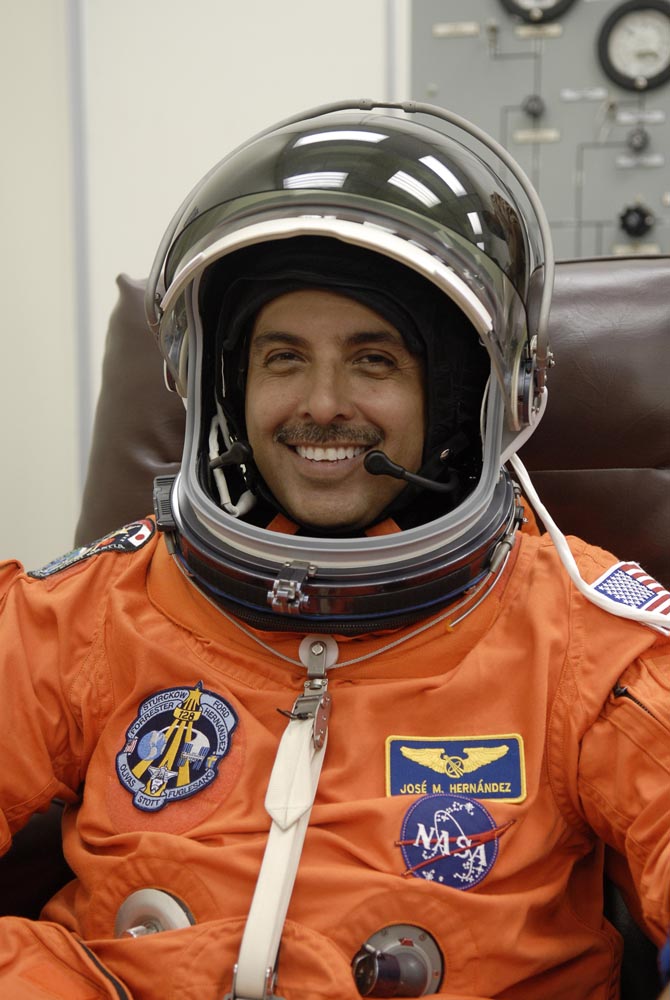
Former astronaut Jose Hernandez, who’s now running for Congress, has a new book out detailing his journey from being a migrant farmworker to becoming an astronaut. [Full Story]
Join our Space Forums to keep talking space on the latest missions, night sky and more! And if you have a news tip, correction or comment, let us know at: community@space.com.
Get the Space.com Newsletter
Breaking space news, the latest updates on rocket launches, skywatching events and more!

Space.com is the premier source of space exploration, innovation and astronomy news, chronicling (and celebrating) humanity's ongoing expansion across the final frontier. Originally founded in 1999, Space.com is, and always has been, the passion of writers and editors who are space fans and also trained journalists. Our current news team consists of Editor-in-Chief Tariq Malik; Editor Hanneke Weitering, Senior Space Writer Mike Wall; Senior Writer Meghan Bartels; Senior Writer Chelsea Gohd, Senior Writer Tereza Pultarova and Staff Writer Alexander Cox, focusing on e-commerce. Senior Producer Steve Spaleta oversees our space videos, with Diana Whitcroft as our Social Media Editor.
